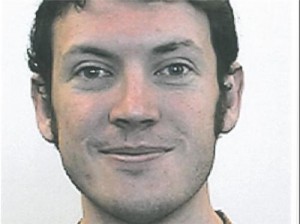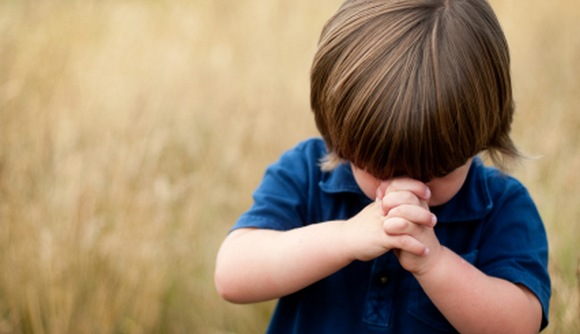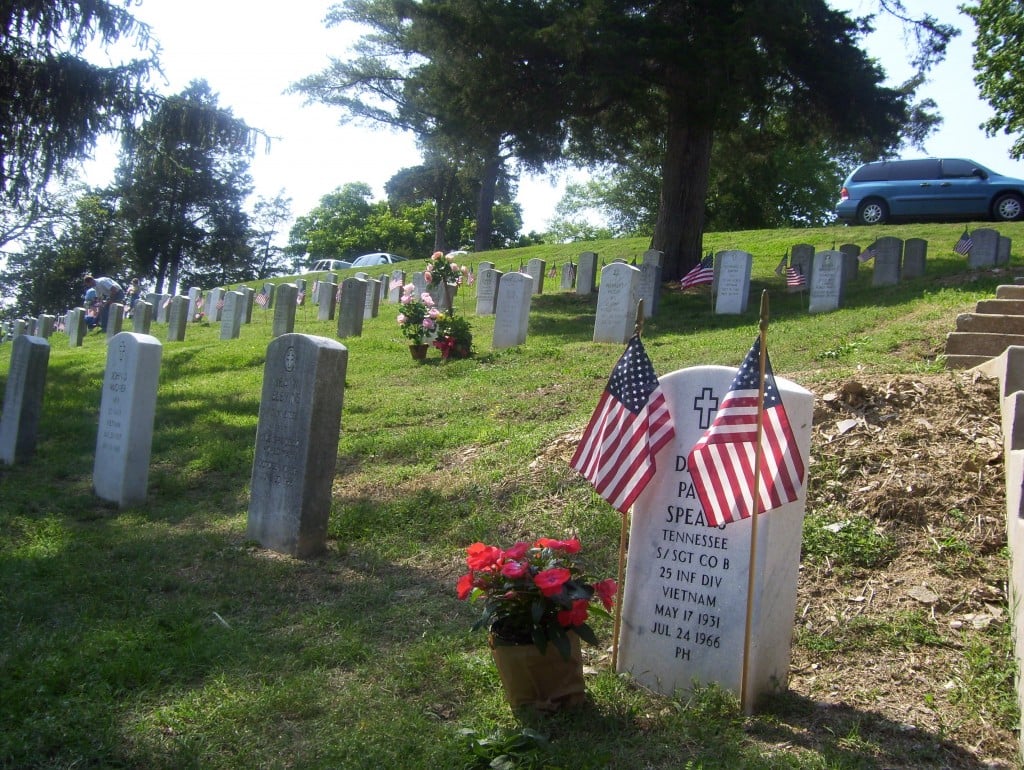 Here’s the thing I hate most in the aftermath of tragedies like the one in Colorado:
Here’s the thing I hate most in the aftermath of tragedies like the one in Colorado:
There is no evidence of any military history.
He did not serve in the military as far as we know.
He was a 24-year-old white male, with no criminal history and no history of serving in the military.
I understand that broadcast media is only looking for a soundbite, not a meaningful dialogue about the deeper question of evil.
What if James Holmes had served in the military?
What if he were a veteran of the wars in Iraq and Afghanistan?
Would you feel better about what happened?
Would you shake you head sadly and say, But of course.
Post
Traumatic
Stress
Disorder.
We have media to thank for this perception of veterans, this notion that when a mass shooting happens in this country it must have been conducted by someone connected to the military. Who but the military has access to so many guns, to bulletproof vests, to gas masks and tear gas? How come the media doesn’t automatically jump to the conclusion that the guy is a survivalist instead of a veteran of war?
Mass murders are almost always conducted by young white males. They are rarely veterans. *Hitler and Lt. Calley aside.
What ought to concern all of us, what we ought to be paying attention to, is the ease with which people in the midst of this tragedy pulled out their iPhones and began recording. We all ought to be troubled by the seemingly detached accounting of the night’s events by people, especially the young, to various news agencies.
Where is that screaming, crying & mass hysteria we witnessed at Columbine?
Witnesses were stunned, yes.
But the ones I saw interviewed possessed an unsettling absence of emotion. Some seemed to be performing for the camera.
Their stories are graphic — I crawled through the blood over the dead woman’s body — and the stories are told in a disturbingly similar fashion. Each interviewee amping up the details of their storytelling in order to shock the listening audience. You can almost hear the news host thinking aloud, how can we make this go viral?
Veterans and PTSD are not the problem here.
To experience post-traumatic stress disorder one has to have a great deal of empathy for others. It is the reliving of the terrors of war, over and over again. It’s the emotion, the sorrow, the grief, the horror that underlies PTSD. Veterans who experience PTSD rarely talk about the events that haunt them, but when they do they do so with great emotion, even 40 years after the fact.
We don’t yet know the long-term affects of living in a society where we are able to use a camera to detach ourselves from reality as we record it, but the answer won’t be found in tiresome arguments or wrong-headed assumptions.
It is embedded in the bigger question of evil.
Perhaps our ancestors were right to be suspicious of cameras. Perhaps cameras can indeed rob us of our souls. They call that shooting, too.
If so, doesn’t our healing begin, in part, through the denying of the camera and the pithy sound bite?
As industrial technology advances and enlarges, and in the process assumes greater social, economic, and political force, it carries people away from where they belong by history, culture, deeds, association and affection. … Wendell Berry















